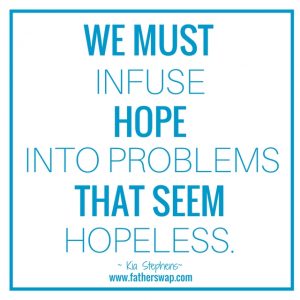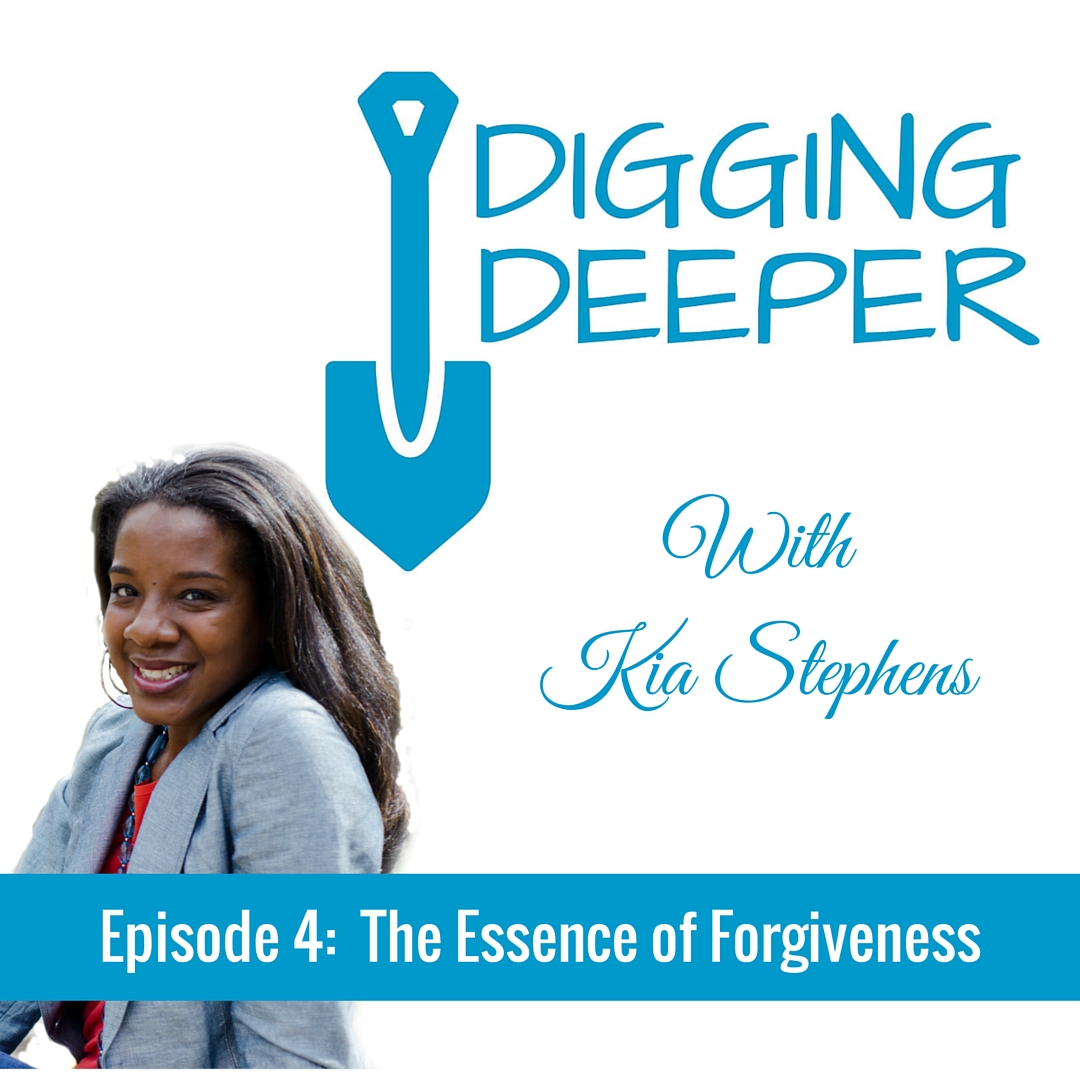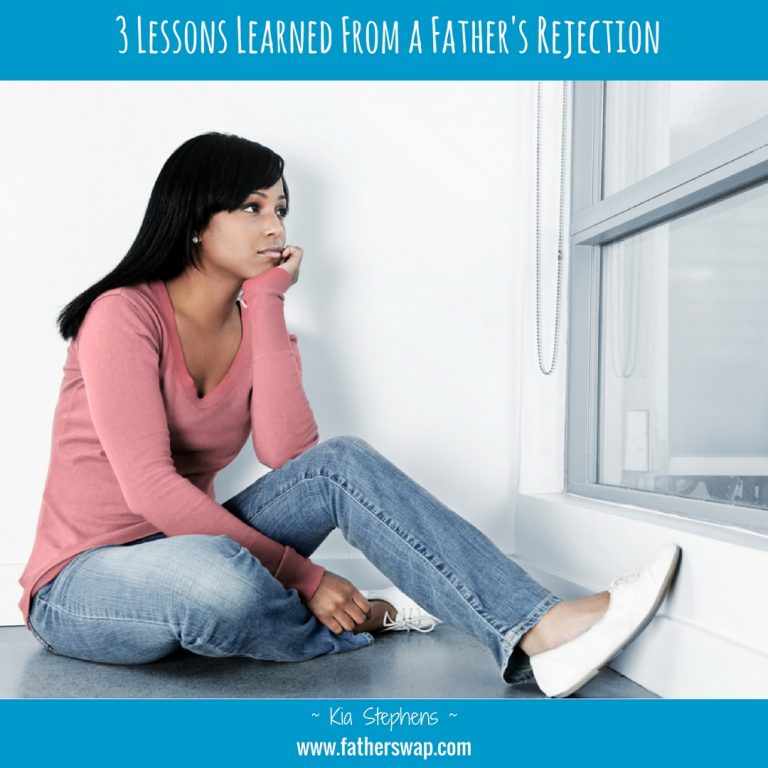What’s Missing From the #MeToo Movement
“Morena!,” the men yelled as I jogged by. Clueless to the meaning of the word, I assumed the jeers of these men meant they thought I was pretty. At eighteen I had grown accustomed to deriving my sense of beauty from male attention.
Although, I longed for the words of a father telling me my worth superseded outward appearance, I settled for the catcalls of men; that was all I had. Consequently, I naively felt flattered by their sidewalk banter. I was a young study abroad student in Oaxaca, Mexico just beginning to taste my independence.
From my vantage point their comments affirmed my burgeoning entrance into womanhood. After all, my ebony skin was a rarity in this country, causing me to stand out among women in a way I never did in the United States.
This was my perspective until I decided to stop at a newspaper stand during one of my morning jogs. My attempt to absorb the local culture schooled me in a way I hadn’t anticipated. Nestled among the magazines and newspapers was a sea of comic books with voluptuous cartoon caricatures of black women.
In that moment it dawned on me that for many of the men and women I encountered, I may have been the first black woman they had ever seen. Prior to laying eyes on me all they had to go on was whatever depictions media highlighted and these overly sexy images of black women on the cover of street corner comic books.
Later I learned the definition of Morena: a Spanish term to used to distinguish a dark skinned woman. It was synonymous with a man’s whistle or “hey baby” said to an attractive woman. Learning this information made me feel less beautiful and more like a sex object.
I realized that those men may have yelled ”Morena” because of a pervasive assumption about a black women’s sexuality. As I marry that experience with our current fascination with the #MeToo movement I have a few thoughts on what’s missing and desperately needed in this conversation.
Sexual harassment did not originate with a Hollywood producer. Rather it was a slow progression of several colliding factors. At the helm of these causes would be a decision that took place in a garden.
When the woman saw that the fruit of the tree was good for food and pleasing to the eye, and also desirable for gaining wisdom, she took some and ate it. She also gave some to her husband, who was with her, and he ate it. Genesis 3: 6 (NIV)
This single act opened the door to every type of sin including sexual, lust, greed, and pride. I think it’s interesting to note the first account of this type of egregious act happened in the Bible.
Now Dinah, the daughter Leah had borne to Jacob, went out to visit the women of the land. When Shechem son of Hamor the Hivite, the ruler of that area, saw her, he took her and raped her. Genesis 34: 1 – 2 (NIV)
Shechem desired Dinah, had a sinful thought and acted on it. His power and pride led him to believe that he could take the virginity of Dinah simply because he wanted to. We see the sins of pride and lust in the traumatic accounts of men and women today. One media sources stated, “Twitter confirmed, the hashtag #MeToo had been tweeted nearly half a million times.”
This number is an indication of a problem that cannot be solved by a hashtag. At the root of this issue is sin. Thus, this problem can only be solved by the redemption found in Christ alone.
If we believe that Jesus died for the sins of mankind then this encompasses rapist and men who use their position of power to sexually harass women. In Romans 5: 8 (NIV) it says, “But God demonstrates his own love for us in this: While we were still sinners, Christ died for us.” Christ sacrifice further encompasses the victims of these acts. Just as it says in, Psalms 34: 18 (NIV), “The LORD is close to the brokenhearted and saves those who are crushed in spirit.”

In fact, Jesus was intentional in his treatment of marginalized women. In John 4: 1 – 42 he spoke openly with the Samaritan woman. In John 8: 1 – 11 he rescued the woman caught in adultery. In Luke 8: 43 – 48 He healed a woman with an issue of blood. In Luke 8: 2 it speaks of how Jesus casted seven demons out of Mary Magdalene.

For every woman He encountered He publicly elevated her existence. Where she knew shame He bestowed honor. Where she knew sorrow He imparted Joy, and where she knew loss He exchanged it for abundance.

For this reason we must interject the power of the cross into the #MeToo movement: infusing hope into a problem that seems hopeless. Yes, we must draw attention to the magnitude of the issue but we cannot stop there. The world needs lasting solutions and that is only found in God alone.








Great post, Kia. Yes! We must interject he power of the cross—bringing hope where their is none! Just shared on Facebook. Have a blessed day!
Thanks Diane for the share and for joining this conversation! We must interject the hope of Christ! Be blessed! – Kia
I think the MeToo hashtag has been good as it has raised people’s awareness of just how big the problem is and I think it has helped a lot of people see that they’re not alone and given them courage to speak up. But yes, we need the next step as well- hope and healing that can only be found in Jesus. Visiting from Coffee for your heart.
Thank you Lesley! I agree this movement has brought awareness but we must offer hope as well. Thank you for your comments! Be blessed. – Kia
I’m grateful that Christ elevates my existence! I was one of the half million who tweeted #MeToo. It’s sad to see that so many shared that experience. I’m grateful that God has brought healing and wholeness to my life. And I pray that He does it for all the others as well <3
Wow Alida, I had no idea. Thank you for your bravery and praise God for the restorative work He has done in your life! I pray your testimony helps many women. Thank you my friend for joining this conversation today and I pray that God would heap many more blessings on your life! – Kia
Great post Kia! Your reflections on your experience in Mexico and your description of the #metoo origins in scripture are spot on. You give us a lot to think about and pray about. Thanks Kia!
He elevated her existence. I love the way you put that! The me too hashtag is a good start, but so much else needs to be done.
Sarah recently posted…An Open Letter to Satan